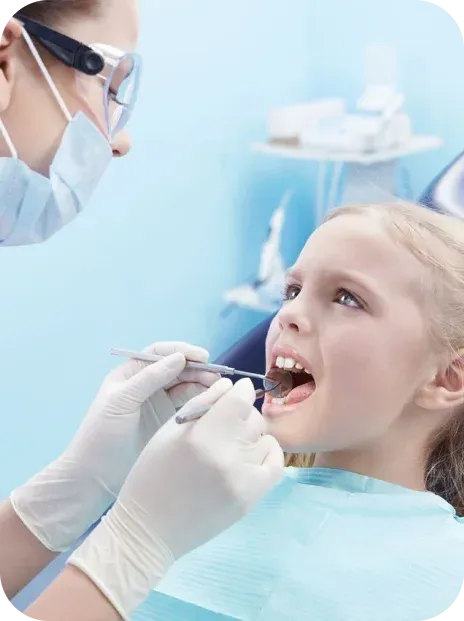Facial Traumas
One of the worst things for a parent to experience is a facial injury to a child. Facial trauma in kids has short-term and long-term consequences. Emergency and urgent care is just the first stop. Once any life-threatening injuries have been dealt with, you need to rely on expert pediatric dentists, like those at Tiny Smiles Pediatric Dentistry in Woodbridge, New Jersey, in Harlem, New York or on the Lower East Side of Manhattan. These dentists offer restorative treatments to repair your child’s oral injuries. Call for emergency care.



What Is Facial Trauma in Kids?
Facial trauma refers to the bone or soft tissue damage a child’s face suffers in an accident. These injuries can result in an injury to the head or teeth, which may have a devastating effect on your child’s health and well- being. Such traumatic injuries may also impact your child’s appearance, eating habits and speech.
Exposure during play and the delicate nature of children’s facial bones makes facial trauma a common concern for parents. If your child suffers any form of facial injury, get specialized medical attention immediately.
The board certified pediatric dentists at Tiny Smiles Pediatric Dentistry in Woodbridge, New Jersey and in Manhattan, New York, have treated facial trauma in kids that have resulted in dental problems. These dental experts use advanced procedures for restorative treatments and emergency care.
What Are the Signs of Failing Restorations?
Successful dental restorations are highly effective in maintaining your child’s oral health. Failed restorations, on the other hand, are often surprises. To spot the signs of failed restorations look for any problems with your child’s mouth. Symptoms of failed restoration include:
Restorations fail for different reasons. Your New Jersey dentist explains the warning signs of restoration failure and other dental problems during your visit.


What Are the Risks of Facial Traumas in Kids?
What Are Common Types of Facial Trauma in Kids?
Different types of accidents can result in a number of facial traumas in children. Common types of facial trauma in kids include:
Broken primary teeth
A facial laceration
Small wounds inside your child’s mouth
Loose or dislocated primary teeth
Cuts and scrapes to the face
Facial burns
Broken bones in the face
Eye injuries
Nerve damage
Tongue injuries
Salivary glands injuries
Dislocated or broken permanent teeth
A broken jaw
Pediatric dentists are the experts to call when your child suffered any kind of mouth injury. Once any life-threatening injuries have been dealt with by medical professionals, turn to your child’s dentist for any teeth, gums or cheek injury. They’re better equipped to handle these injuries than emergency room personnel.

What Are the Symptoms of Facial Traumas in Kids?
Numbness on your child’s face
Swelling or bruising around the eyes
Double vision
Visible broken or fractured bones
Temporomandibular joint (TMJ) pain or lack of mobility in the jaw
An uneven bite, where the upper and lower teeth don’t join properly
Facial skin discoloration
Bleeding or swelling in the mouth
Displaced, chipped, fractured, broken or missing teeth
Difficulty breathing through the nose
Visible displacement of the nose
Problems opening and closing the mouth
